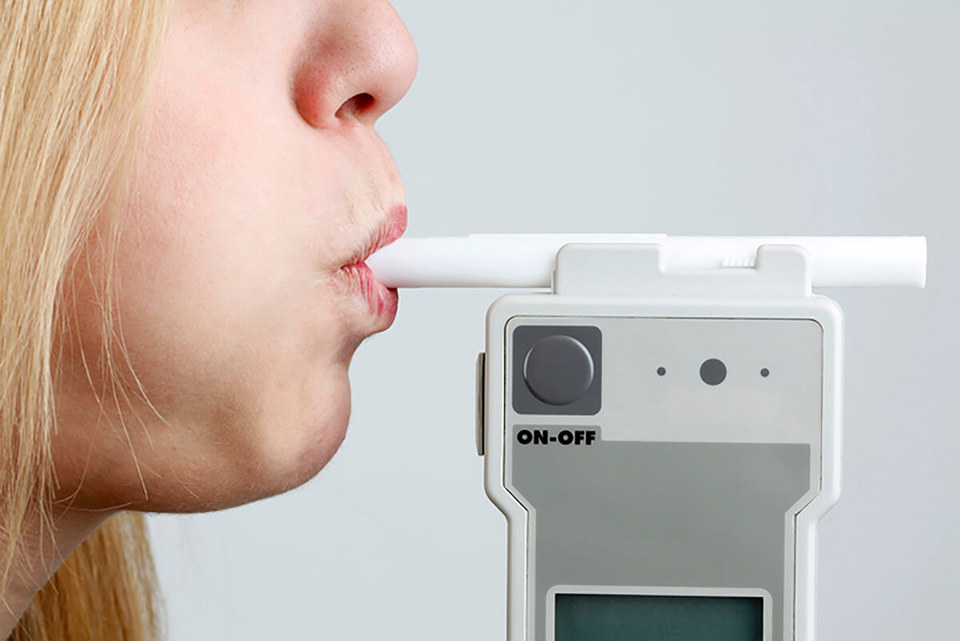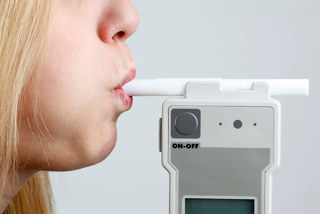Data showing that more than 5,000 drivers have been caught drink-driving on more than one occasion in the past four years has prompted road safety campaigners to call for action to deter repeat offending.
The figures from the DVLA, obtained via a freedom of information request from road safety charity Brake, showed that in the past four years, there have been 5,181 repeat drink-drive offenders, including 4,879 who were caught twice, 275 drivers who were caught three times and one driver who was caught six times in the same period.
Drivers who are caught driving, or attempting to drive, while above the legal limit or unfit through drink face an unlimited fine, receiving between three and 11 points on their licence, a driving ban of at least one year, and six months in prison, with the penalty decided by the magistrates who hear the case.
Brake is concerned at the scale of repeat offending and are calling for the increased use of driving bans by the courts – the courts are able to impose a 3-year driving ban for ‘high risk offenders’ which includes those convicted of two drink driving offences within ten years.
Joshua Harris, director of campaigns for Brake, said it was “shocking” to see thousands of drivers have been caught drink driving at least twice in the past four years.
He continued: “What is worse is that many of these drivers shouldn’t have been on the roads to offend again, if the full extent of the law had been used.
“It needs to be made clear to drivers that not a drop of alcohol before getting behind the wheel is safe – something which our current drink drive limit fails to do.
“The Government must act now to tackle drink driving by implementing a zero-tolerance limit, investing in roads policing to provide a true deterrent to this dangerous driving and encouraging the courts to use the law to its fullest extent.”
The charity is also calling on the Government to accelerate the introduction of alcohol interlocks as part of drink-drive offender rehabilitation programmes in the UK, with the recent Road Safety Statement indicating that the Government are exploring the issue.
Under the driver safety action plan, 74 actions being considered to improve road safety, including so-called ‘alcolocks’.
Alcohol interlocks are automatic control systems which are designed to prevent driving with excess alcohol by requiring the driver to blow into an in-car breathalyser before starting the ignition.
The alcohol interlock can be set at different levels and limits. These devices are in widespread use in North America and Sweden in drink-drive offender rehabilitation schemes.
Harris concluded: “Technology also has a role to play in tacking the menace of drink-driving. The use of alcohol interlocks must seriously be considered to prevent convicted drink-drive offenders from getting behind the wheel over the limit.”
|
No. of Endorsements |
No. of Drivers |
|
1 |
150,716 |
|
2 |
4,879 |
|
3 |
275 |
|
4 |
24 |
|
5 |
2 |
|
6 |
1 |





















Login to comment
Comments
No comments have been made yet.